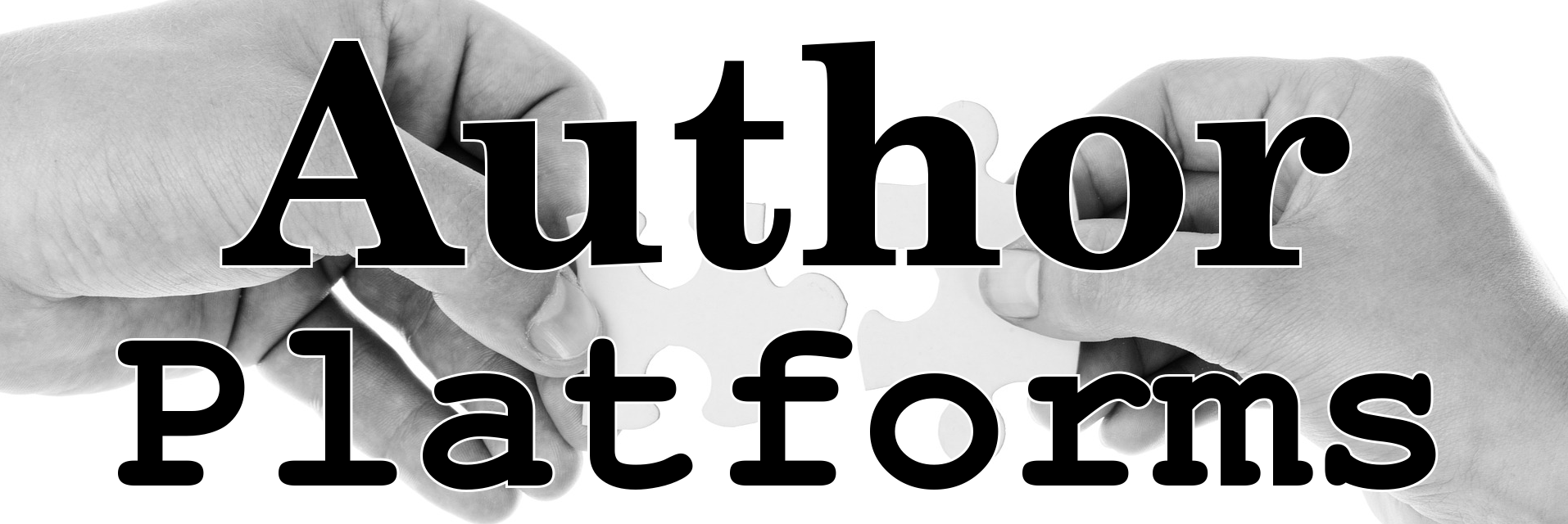

Keywords
What are keywords?
Keywords are the topics and ideas that your content is about. In terms of your blog, these are the things you write about.
In terms of SEO, keywords are the words and/or phrases that people might enter into search engines. These “search queries” are where your content and search results meet.
If you reduce down the entirety of your page — images, video, text, and so forth — to simple words and phrases, you should be left with your main keywords.
Long-tail and short-tail words
Keywords are frequently talked about in two ways:
- Short-tail – popular and competitive
- Long-tail – pecific and often non-competitive.
Long-tail words
When something is said to be in the long-tail, it means it forms part of a long list of topics that individually get a little traffic each. However, as your content slowly grows, these small bites of traffic can add up.
Long-tail words are often chosen because so many people try to rank for the big traffic words that the lower traffic words (which make up most search traffic) get much less attention.
An estimated 80% to 95% of search engine traffic is with long-tail keywords.
It is easier to rank well for ten niche terms with 10 hourly searches each than one with a hundred hourly searches. However, the traffic to your site, will be just the same.
Short-tail words
A small number of keywords have a lot of traffic. These popular terms are often extremely competitive. While this should not mean that you don’t use such keywords, you should not necessarily bank on seeing much return on that effort.
Which keywords do I choose?
While you can pick anything at all to be your keyword for a post or site, as an author you may wish to be more selective.
Your ideal keywords would be phrases and words that a reader who would find your book or books interesting would also be interested in. This essentially means writing about topics and ideas that are complementary to your writing’s major themes.
For example, a book set in 1960’s London might lead you to write about events that took place during the 60s in London. That way, when people find your content, they are likely to find ordering your book a compelling idea.
How do I use keywords?
On the whole, your chosen words and phrases should form the basis for topics. In other words, your target word and phrase list, should result in you coming up with interesting posts and pages that relate to these words.
Keywords should fit naturally
Keywords should fit naturally with your content. For example, an article about London nightclubs from 1960 to 1969 could have a title like, “Nightclubs in 60s London”. Likewise, your first paragraph is likely to carry the words “nightclub”, “60s” and “London”.
It is a bad idea to force keywords where they do not belong or overuse them (creating unnatural sounding text). Using a plugin such as Yoast (Author Buzz WordPress users) can monitor your chosen word or phrase and tell you if you are underusing or overusing it in your content.
As a website owner and content creator, you want the keywords on your page to be relevant to what people are searching for so they have a better chance of finding your content among the results.
What are Keywords? moz.com
Write for readers not search engines
Content should be written, first and foremost, for readers. If your copy is easy to follow, informative, and likely to be of interest to your readers then it is probably good SEO too (and thus good keyword use).
It is highly recommended that you write your content for (human) readers. Though it might be tempting to load a page up with keywords to win traffic from search engines, if that content is not good for people to read, it will fail to make that traffic meaningful to you.
Keyword research
Keyword research is the process of finding the keywords for your business and understanding how you are ranking or could rank for these keywords on Google.
What Is Keyword Research? Exposure Ninja
The first step of researching new keyword ideas is to write down all the related themes you can think of. Then you can use these to create variations. For example, a popular technique is to search for those terms and look at the suggested or related searches.
There are many tools and ideas for how to best go about identifying a list of keywords. Some are easier to use than others.
The world’s biggest online information repository is also a killer source of keywords.
Think about it. Wikipedia is a global collaborative, multilingual, free-access, free-content Internet encyclopedia. With 30 million articles and 18 billion page views monthly, it’s probably one of the largest, yet most-overlooked, sources for keyword power.
How to Use Wikipedia for Keyword Research, Search Engine Journal
This section has not been finished. I am probably still researching this topic. If you want to contribute to this page, please post your ideas in the forum on Author Buzz group for this sub-site.
